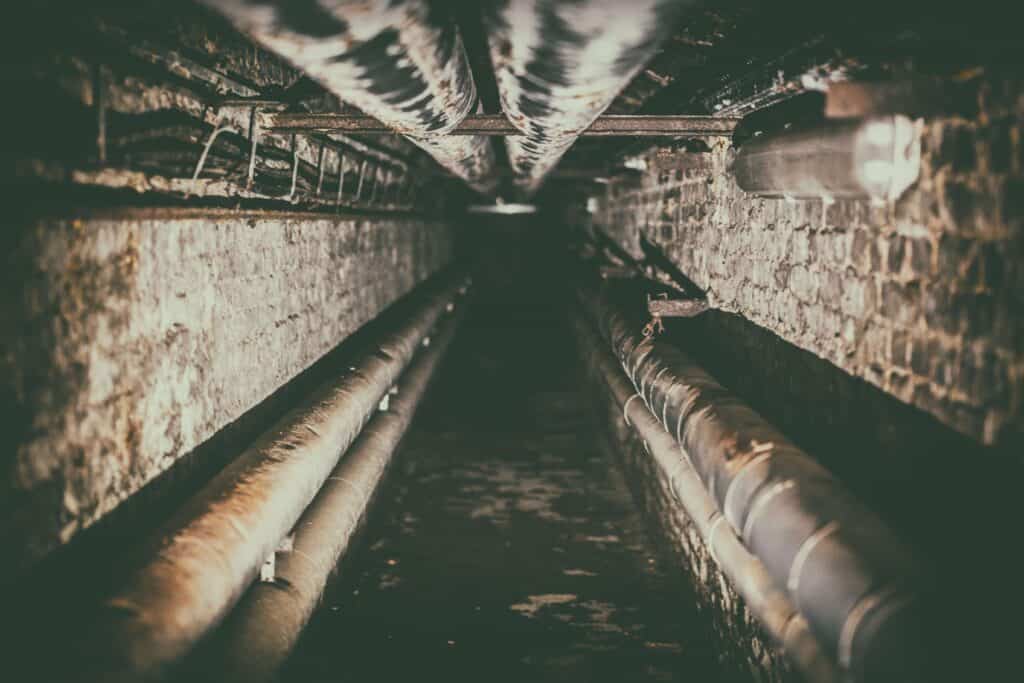Have you ever pondered the temperature at which pipes rupture? It’s the humidity, not the heat, as a wise man once remarked. And we’ll do it with a little comedy, so don’t worry. We’re here to offer you the inside scoop on what temperature pipes break.
At What Temperature Do Pipes Burst?
This question has a simple, “it depends” response. It depends on a number of variables, including the kind of pipes you have, how old they are, how well insulated they are, as well as how the temperature and how humid it is both inside and outside your home.
But as a general rule of thumb, you should start monitoring your pipes if the outdoor temperature falls below 20 degrees Fahrenheit (-6 degrees Celsius).
Why? because water expands when it freezes. Your pipes may explode if that pressure rises too much.
Of course, the outside temperature is just one aspect of the puzzle. As we previously indicated, humidity also has an impact. If the humidity level in the building is too high, condensation may build on your pipes, which increases the risk of them freezing and bursting.
Other Things to Consider
Compared to plastic or PVC pipes, copper pipes are less prone to burst, although they can still do so under the right circumstances.
Similar to this, your pipes’ age might also play a role. Often times, pipes will corrode or become weaker over time, and they are more liable to burst. Improperly insulated pipes, often in garages, attics, basements or crawl spaces are high risk.

Mitigating Risk of Pipes Freezing
Insulate Your Plumbing
To protect your pipes from severe temperatures, make sure they are well insulated by a professional.
Keep Your Home Warm
Even when you’re not home, maintain a constant temperature in your house to keep your basement, walls, and crawl spaces at a reasonable temperature.
Allow the Faucets to Drip
Allow your faucets to trickle a little bit to keep the water flowing if the temperature dips below freezing. Flowing water is much more resistant to freezing than stagnant water.
Cut Off Outside Hoses
Disconnect any outdoor hoses that are attached to your house before winter arrives.
Final Thoughts
You can help avoid burst pipes and ultimately save yourself a lot of hassle and money by taking the proper measures, such as insulating your pipes and keeping your home warm. Remember to contact a plumber if everything else fails; after all, they are the professionals!

